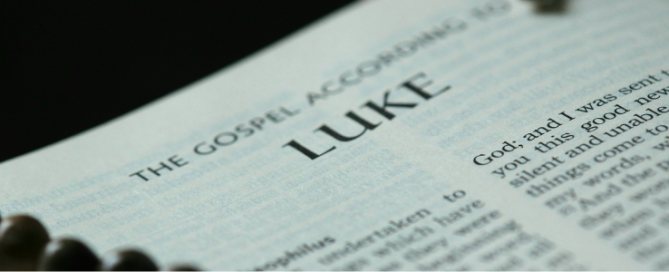Are God and Christ the SAME Person?
In this thread on where the Trinity came from, I have been focusing on early Christology – the understandings of who Christ was. My reason for that is simple. The issue of the Trinity arose only because Christians said more than one being was God but that there was only one God. The “other” being at the outset, of course, was Christ. After his death his followers called him God. The Trinity doctrine, as I will now start to explain in greater detail, emerged by the problems that then arose: two beings who are God, but only one God. I will be getting to the Spirit later, but frankly there is not as much to say there. First I need to keep going on the idea of Jesus being God and God being God. The question that naturally arose among the Christians was how that could be the case: how could *BOTH* of them be God? In what sense? That’s an issue I dealt with in my book How Jesus Became God. Here I’ll provide some of [...]

